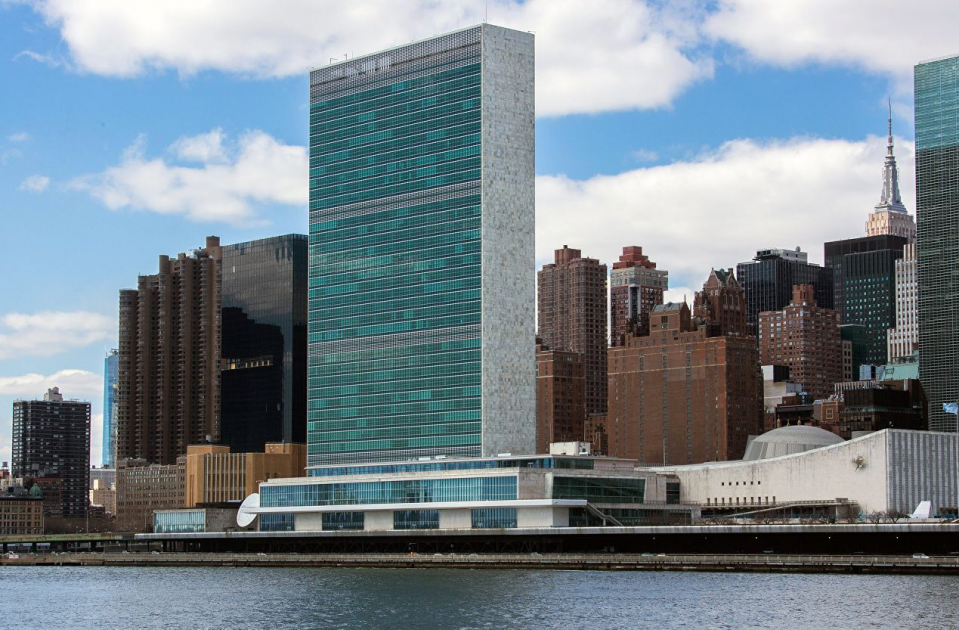Statement by Deputy Permanent Representative Dmitry Chumakov at the HLPF side-event "Localisation of the SDGs in Russia and beyond"
Distinguished participants,
Dear Colleagues,
After 7 years of implementing the 2030 Agenda, we urgently need to collectively accelerate progress and find new ambitious solutions to succeed in this. A preliminary assessment of the roughly 140 targets with data show only about 12% are on track; close to half, though showing progress, are moderately or severely off track and some 30% have either seen no movement or regressed below the 2015 baseline.
We all recognize that the effective way forward depends on our will and ability of making contributions to the achievement to SDGs at all levels and by all stakeholders.
Implementation of the SDGs at regional and local levels is the different sides of the same coin. Equitable regional development is key to achieving Goal 10 on reducing inequality within and among countries. This problem is relevant not only for such a huge country as Russia and other large countries, but often also for small states in which there is a pronounced difference in development between industrial centers or tourism locations and rural areas.
At the same time, achieving the SDGs is directly linked to the capacity of local and regional governments to ensure access to basic services that underpin the quality of life. For example, the COVID-19 has demonstrated the crucial role local and regional governments play, taking powerful decisions in exceptional circumstances.
Recently published the advanced unedited version of Global Sustainable Development Report 2023 shows, that local governments have been particularly active in engaging with the SDGs. We see that the number of Voluntary Local Reviews is growing steadily in the recent years. Local governments have legal and fiscal responsibility for a number of SDG targets and can be more resilient and politically sustainable with stakeholders recognizing mutual interdependence and to the value of shared problem-solving.
The UN fully recognizes the role of local and regional governments in the implementing the Agenda-2030. Such platforms as the Local 2030 Coalition and SDG Cities, hosted by UN-Habitat, help to mobilize knowledge, resources, skills and partnerships globally. The UN works closely with the ICLEI Local Governments for Sustainability network which unites more than 2500 local and regional governments committed to sustainable urban development. Regional and local governments are getting more and more involved in work of all major UN fora and conferences and present their unique experience and solutions on a wide range of local issues. It should also be mentioned that a significant share of the programmes and projects implemented by the UN country teams are carried out at the local and regional levels.
Dear Colleagues,
We believe that as we move forward, our strategic decisions need to be carefully designed to determine the way cities and regions continue to respond to new and existing problems around the world and how they plan to reconstruct and improve their communities. To inform these decisions and to help guide international organizations’ support, we all need to think how to uncover the important challenges and opportunities for the local implementation of the SDGs that relate to the broader themes of advocacy, action, and monitoring.
If we want a more prosperous future for our people and planet where no one is left behind we need to make our regions, provinces, cities and human settlements inclusive, safe, resilient, and sustainable.
Thank you for attention.
